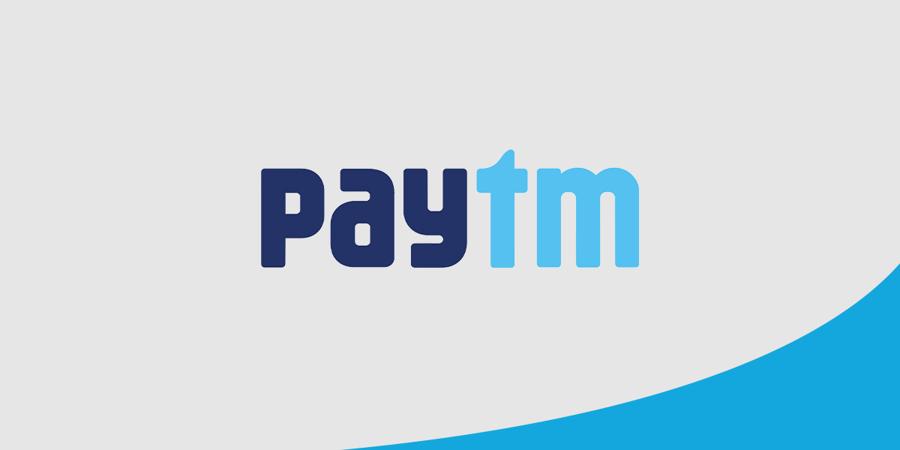Paytm will apply once again for a payment aggregator license after its previous bid was rejected, the company said in a stock exchange filing on Saturday.
“Our 100% subsidiary, Paytm Payments Services Limited, is in receipt of a letter from [the] Reserve Bank of India in response to an application from PPSL for the authorization to provide payment aggregator services for online merchants,” the company said.
The RBI has barred the firm from on-boarding new online merchants, something the company insisted was not a “material” hindrance to its business. Additionally, the central bank said that the firm would have to “[s]eek necessary approval for past downward investment from the Company in to PPSL, to comply with FDI Guidelines,” Paytm said. The RBI has not made a copy of this letter public.
The company can continue to onboard offline merchants, it said.
Payment aggregator licenses allow a firm to natively offer payment options with a variety of payment instruments; it is essentially an evolution of payment gateways. However, the requirement of a license for aggregation has led to a rush of applications from firms that had been aggregating payment options already.
The RBI has been issuing the licenses sparingly, though. The regulator initially declined to approve firms like Google and Swiggy, potentially leaving them with little choice but to find a third party payment aggregator and integrate their services onto their platforms, or wait for some time and reapply.
Paytm has 120 days to apply for another license. Not obtaining a PA license could impact Paytm’s competitiveness in the payment gateway space, where it competes with firms like Razorpay and Billdesk.
In April, the RBI rejected Mobikwik’s application for a PA license, giving banks a 180 day deadline to stop dealing with the firm. The firm reapplied in October. It doesn’t appear that banks have been told to stop dealing with Paytm in a similar way though; if it does, the company certainly hasn’t informed exchanges that this may have happened.
Source @Entrackr



